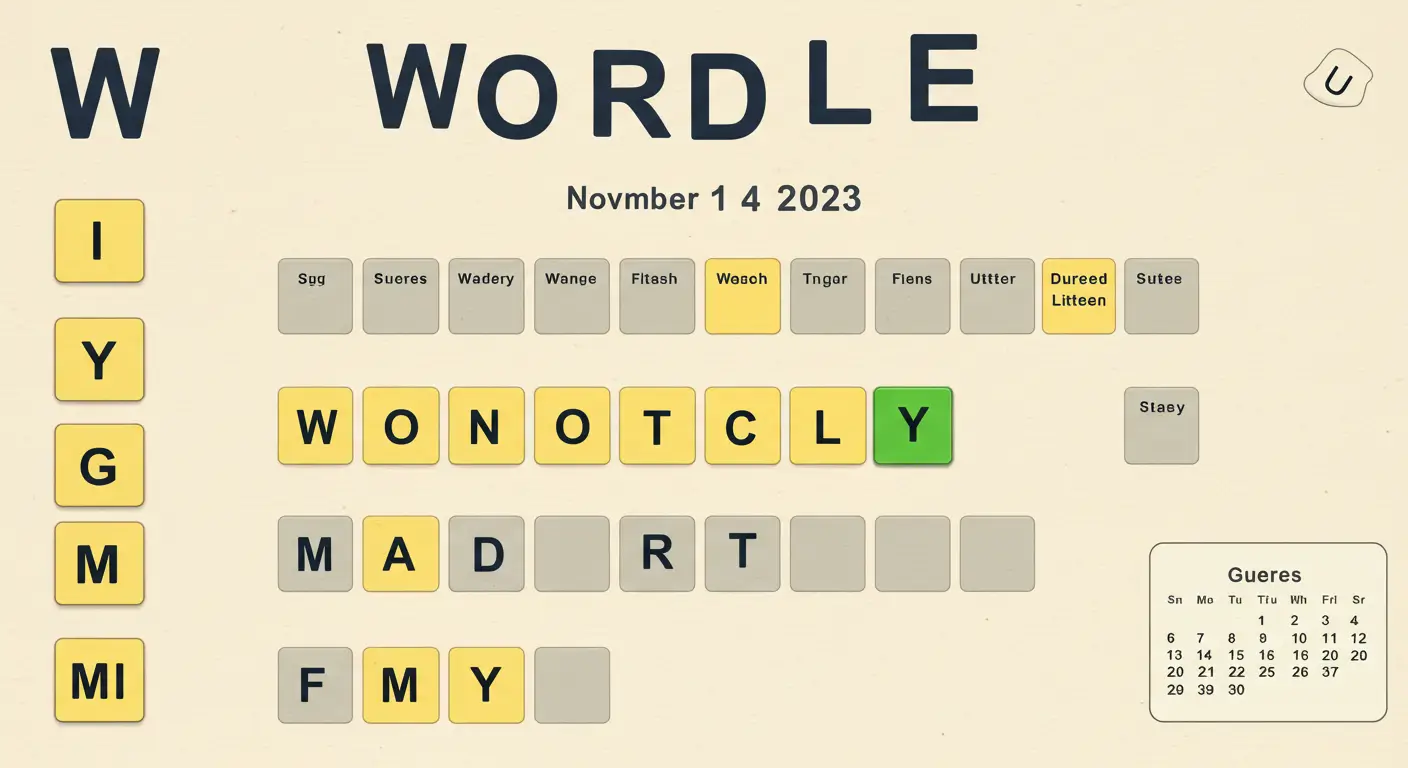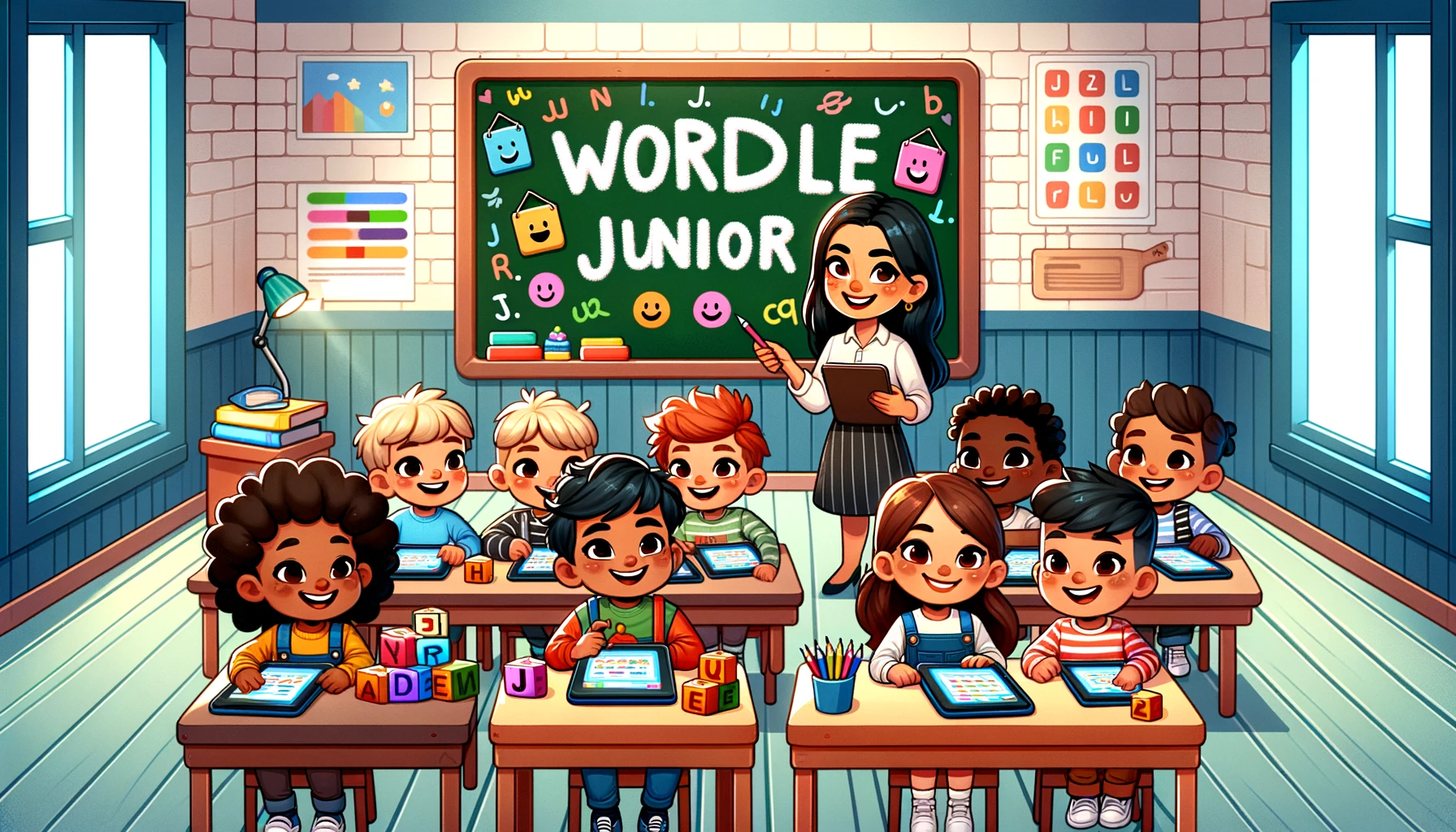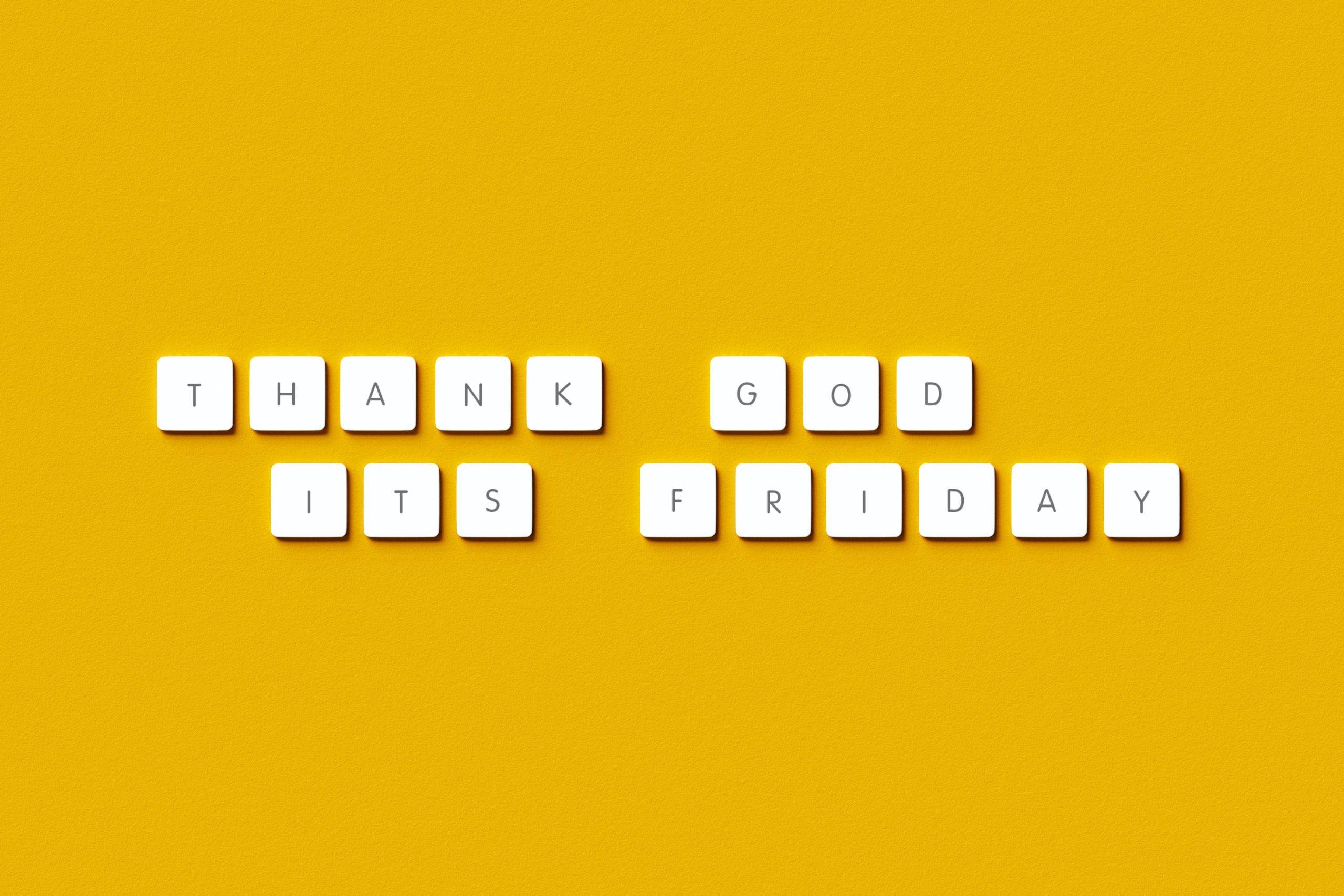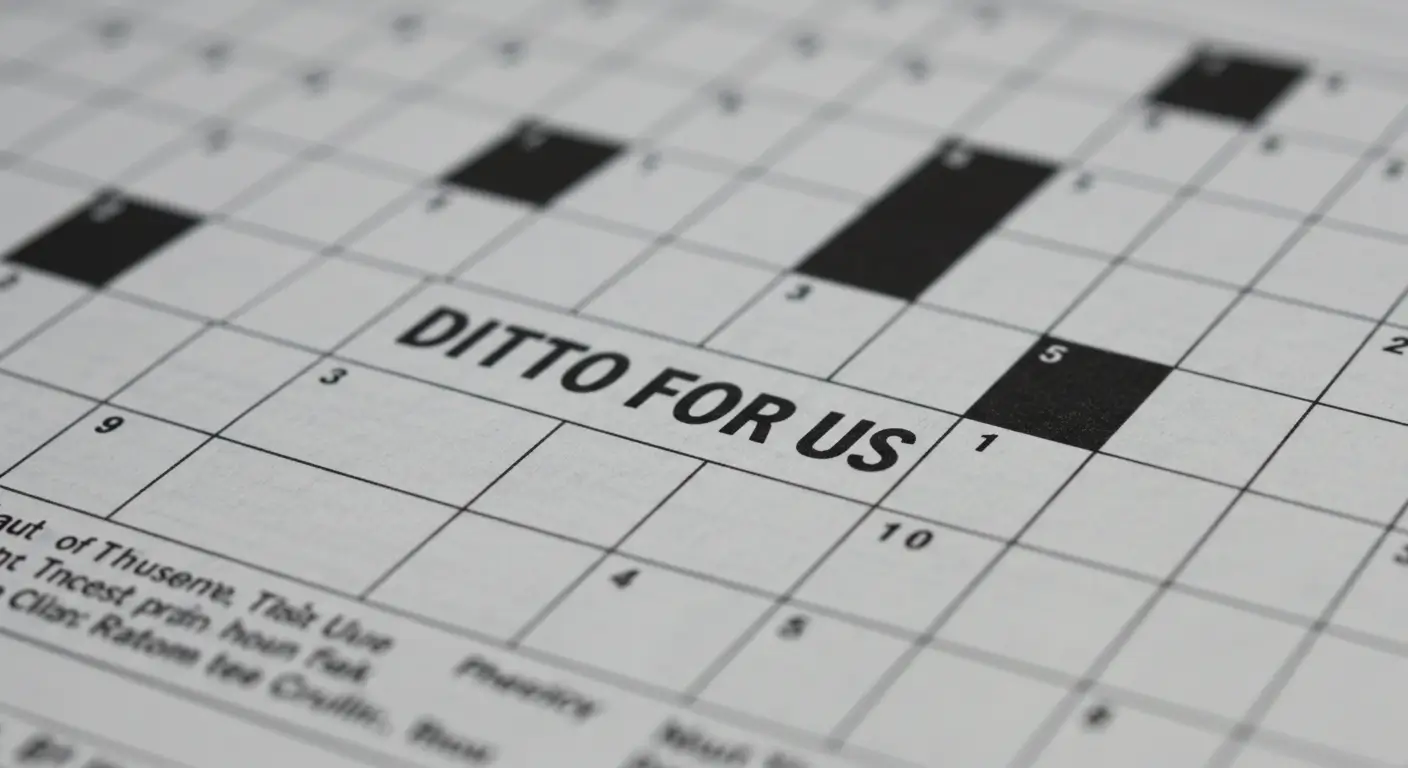In the realm of digital puzzles, Wordle has carved out a unique space, captivating a global audience with its simplicity and challenge. This article explores the intricate psychological layers contributing to its appeal, particularly focusing on the heightened challenge presented in its Try Hard mode.
Table of Contents
The Intriguing Challenge: A Cognitive Perspective
Wordle is not just a game; it’s a mental gymnasium. When we immerse ourselves in the challenge of Try Hard mode, we are essentially engaging in a complex dance of memory retrieval, pattern recognition, and logical deduction. Our minds are tested as we sift through our vocabulary, seeking the right combinations of letters to unlock the puzzle. It’s this mental stimulation that not only challenges but also rewards us, offering a unique blend of gratification and intellectual fulfilment.
Striking a Balance: The Zone of Proximal Development
Wordle brilliantly situates itself within Vygotsky’s Zone of Proximal Development, where the challenge is neither too easy to be mundane nor too difficult to be discouraging. Try Hard mode, in particular, masterfully treads this delicate balance, constantly pushing players to stretch their cognitive abilities, ensuring that the journey is as rewarding as the destination.
The Pursuit of Mastery: A Journey Towards Competence
Rooted in the principles of Self-Determination Theory, Wordle offers a clear and tangible path to mastery and competence. Every guess provides instant feedback, allowing players to recalibrate and refine their strategy. This continuous loop of action, feedback, and adaptation fosters a deep sense of accomplishment and motivates players to persevere, chasing the satisfaction that comes with mastery.
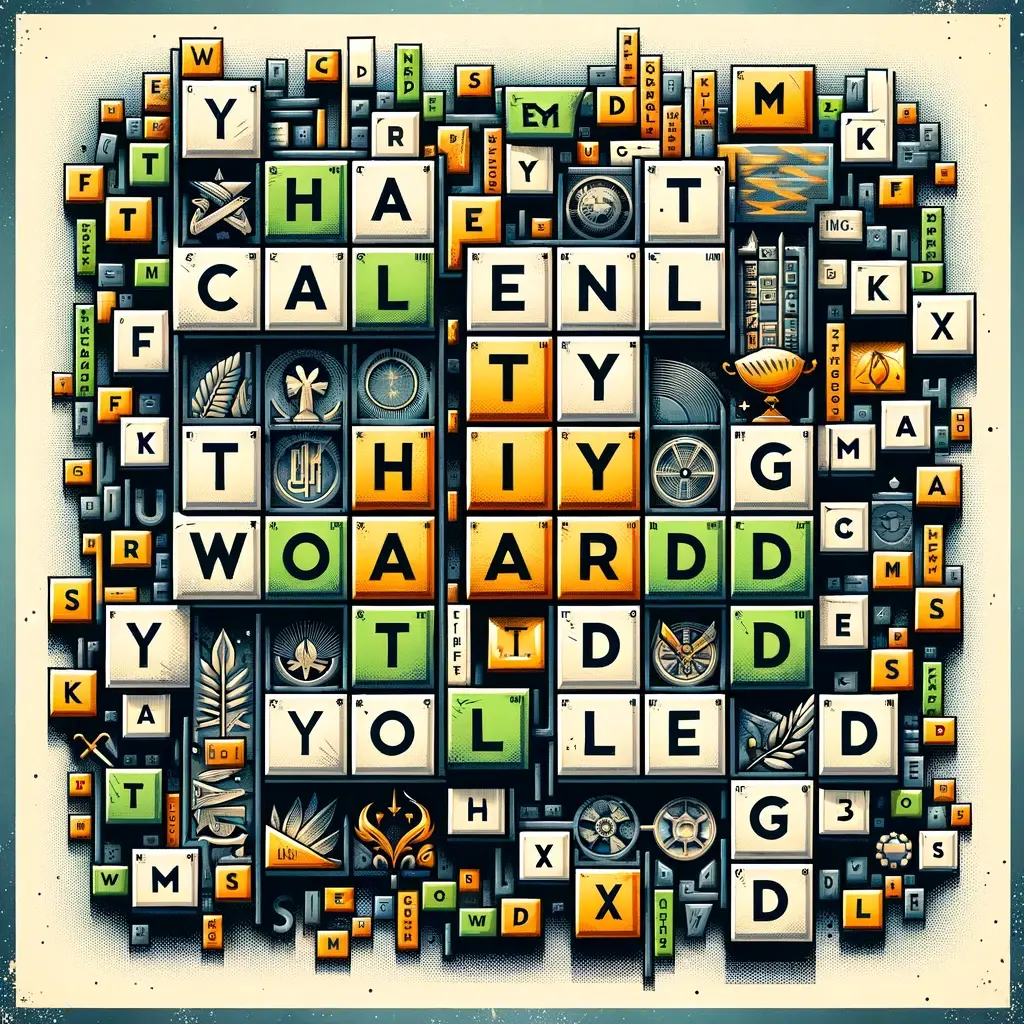
The Social Fabric: Connection and Competition
Celebrating Words Together: Community and Sharing
Wordle transcends the boundaries of a solitary game, fostering a vibrant community of word enthusiasts. Players share triumphs, exchange strategies, and engage in discussions, weaving a rich tapestry of social interaction. This communal aspect adds depth to the Wordle experience, transforming it from a game to a shared journey of discovery and challenge.
A Friendly Battleground: The Allure of Competition
Beyond the personal satisfaction of solving the puzzle, Wordle taps into our innate competitive nature. Players are not just competing against the game but also against each other, creating a friendly but exhilarating battleground where words become the weapons of choice.
Escaping the Mundane: Cognitive Relief and Play
A Mental Oasis: Wordle as a Cognitive Break
In a world brimming with incessant demands and distractions, Wordle offers a sanctuary for the mind. The focused attention required to navigate its challenges provides a much-needed cognitive break, allowing players to momentarily detach from the rigors of daily life.
Rediscovering Joy: The Essence of Play
At its heart, Wordle is a celebration of play. It serves as a reminder of the simple joys of engaging in an activity not for reward or recognition but for the sheer pleasure of participation. This intrinsic enjoyment is a vital component of the Wordle experience, encapsulating what makes the play so universally appealing.
A Comparative Glimpse: Wordle and Its Linguistic Peers
| Game | Description | Similarity to Wordle |
|---|---|---|
| Wordle Junior | A simplified version tailored for younger players. | Focus on word formation and vocabulary expansion. |
| Crossword Puzzles | A classic word game challenging players to fill in the blanks based on clues. | Emphasis on vocabulary knowledge and word recall. |
| Scrabble | A board game where players create words from individual letter tiles. | Strategic word construction and vocabulary usage. |
| Boggle | A word search game requiring players to find words within a grid of letters. | Pattern recognition and rapid word retrieval. |
| Hangman | A game where players guess letters to uncover a hidden word. | Deductive reasoning and vocabulary skills. |
In Conclusion, Wordle’s Unique Linguistic Dance
Wordle, particularly in its Try Hard mode, is a testament to the complex and multifaceted relationship between games, cognition, and social interaction. It skillfully intertwines the thrill of cognitive challenge, the warmth of community, and the pure joy of play, creating an experience that is as enriching as it is entertaining. Whether a seasoned word enthusiast or a casual player, Wordle invites you to partake in its unique linguistic dance, promising a journey filled with challenge, connection, and the timeless joy of play. Whether you’re a casual player or a Try Hard Wordle enthusiast, there’s no denying the psychological appeal of this deceptively simple word puzzle game.
Explore Further

